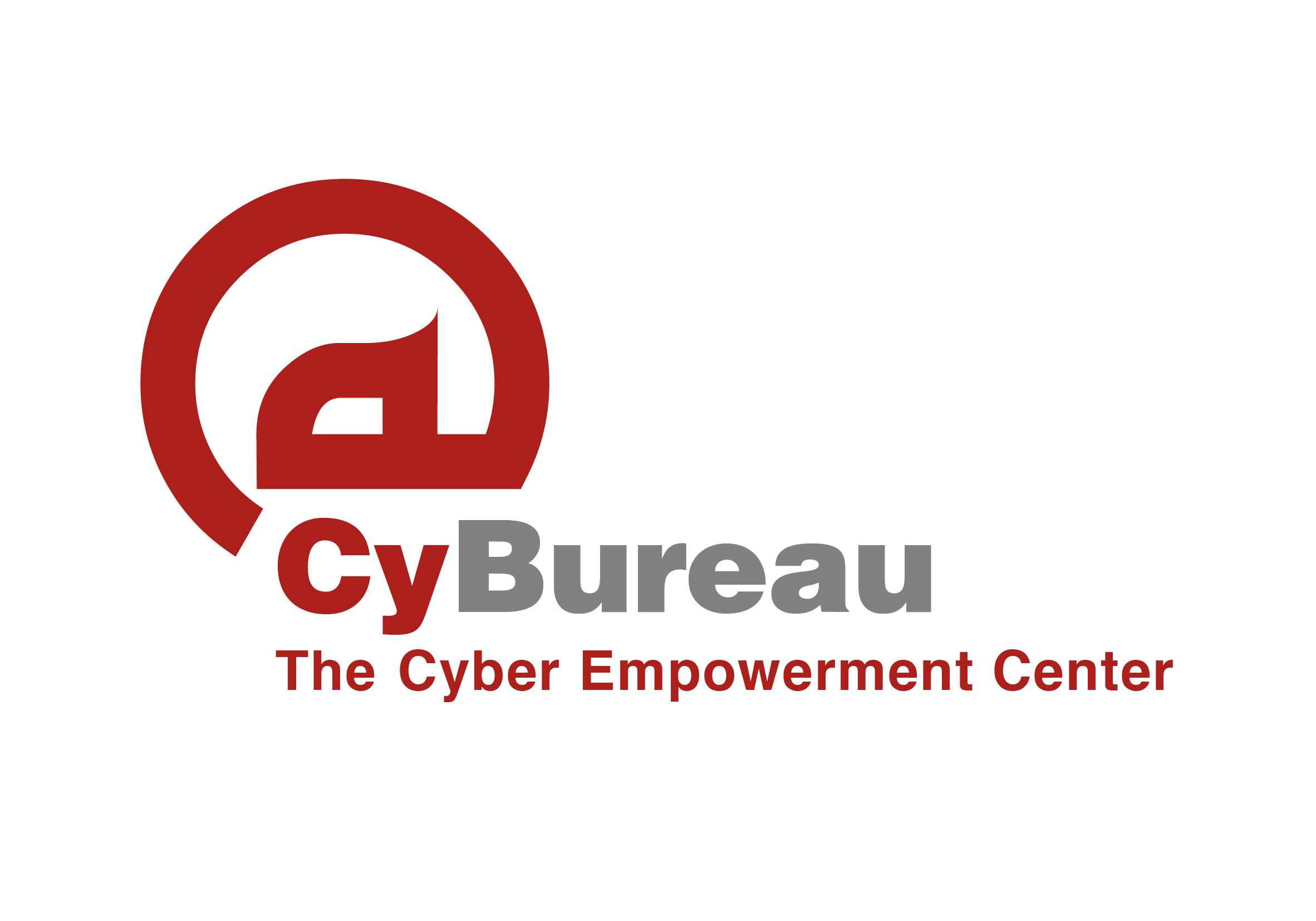The Internet in post-Saddam Iraq
The status of the Internet in Iraq, regarding both governmental policies and usage, underwent a fundamental change following Saddam Husayn’s deposal in 2003. Still, as is true with so many other features of Iraqi life, Iraq does not constitute a single, homogenous unit with regard to the Internet. Along with blogs and Facebook groups of […]
